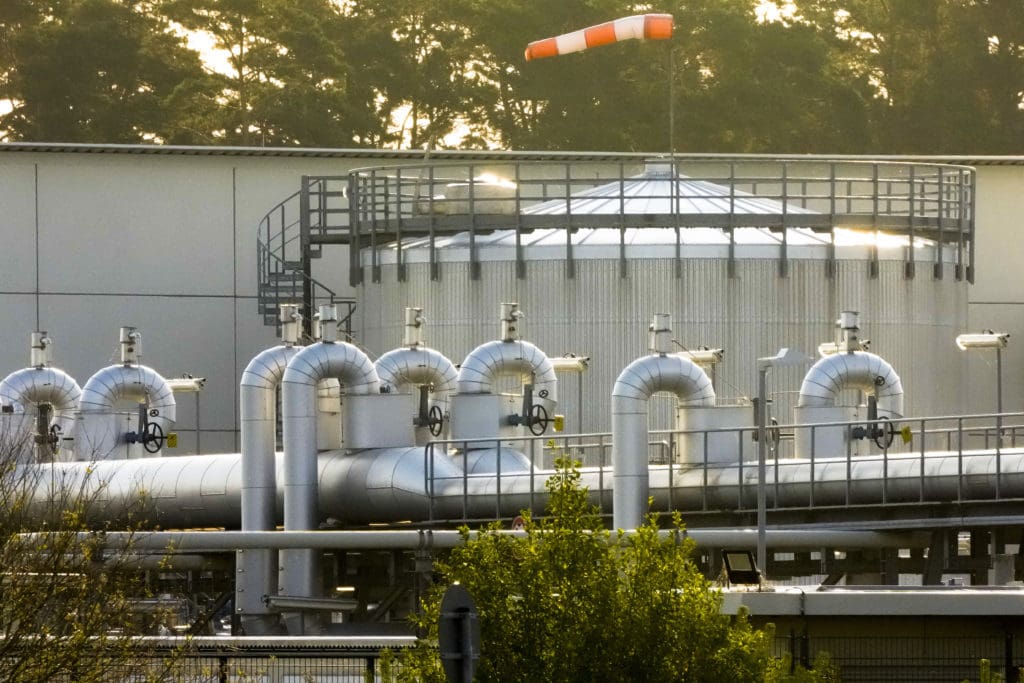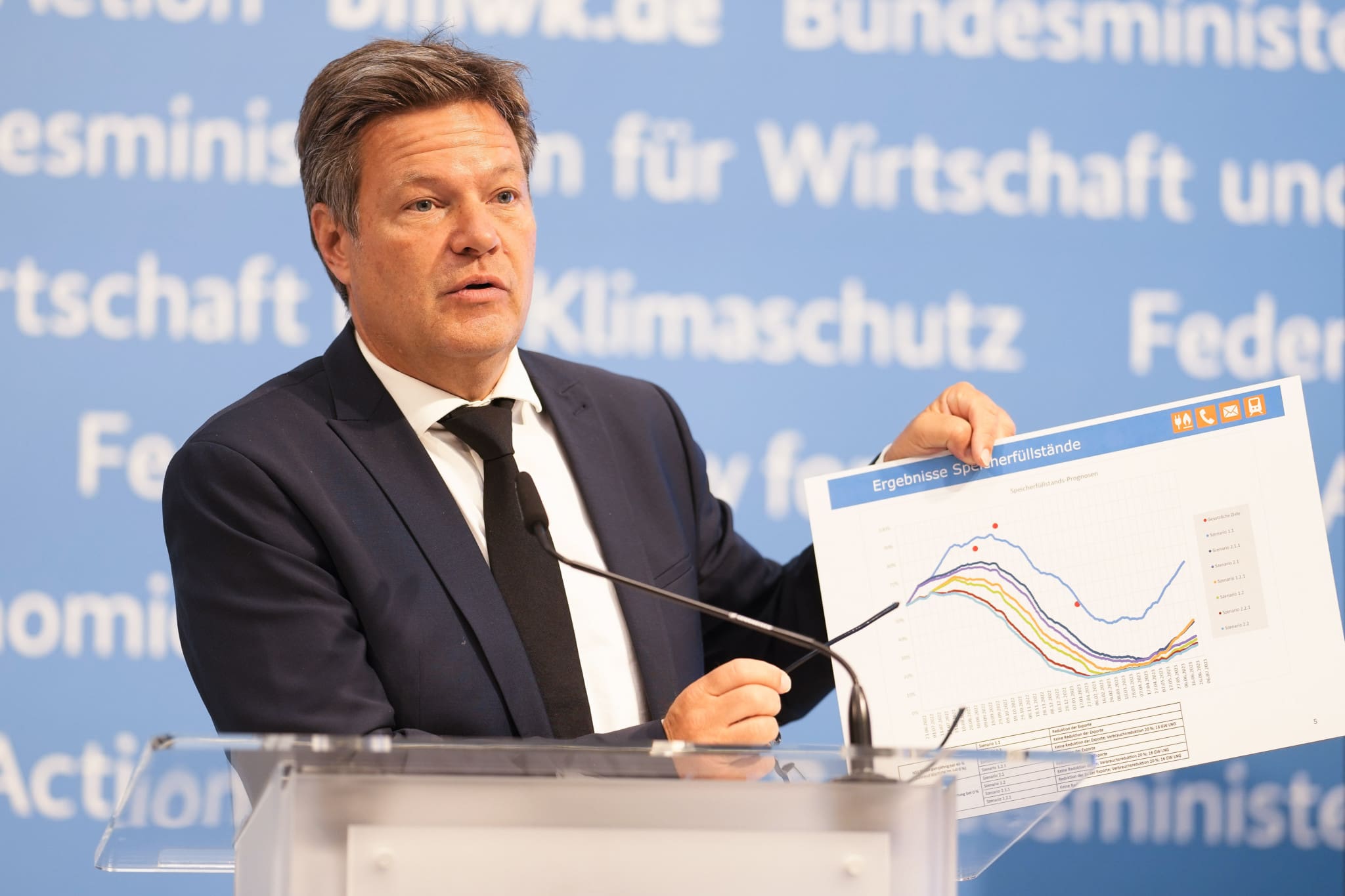The gas levy announced by Federal Minister of Economics Robert Habeck (Greens) could represent a major blow to the entire German economy, according to numerous business associations. These industry groups are warning that companies could close over the gas levy and even result in companies migrating abroad to set up operations in areas that feature a more friendly working environment.
The mood in Germany can best be described as a sense of doom. In addition to prices skyrocketing higher, the German government is slapping a 2.88 cents per kilowatt-hour surcharge on households and industry.

To highlight how much this new surcharge will cost German industry, it is worth looking at the steel production sector. The president of the German steelmakers’ association, Hans Jürgen Kerkhoff, said on Monday that the new levy will hit the German steel industry to the tune of €500 million a year. However, this cost is already on top of the estimated €7 billion the industry will be paying solely because of rising energy prices. Germany’s steel industry requires approximately 2 billion cubic meters of natural gas each year, and many other industries relying on similarly huge amounts of gas, such as the chemical industry, will also be paying out hundreds of millions solely due to the surcharge.
“The federal government urgently needs to find ways to limit the costs of the gas levy,” said Kerkhoff.
Shortly before the announcement of the gas levy, 16 percent of industrial companies announced that they would have to reduce their business operations or partially give up their production in Germany due to higher energy prices, according to the president of the Association of German Chambers of Industry and Commerce, Peter Adrian. He called for “quick clarity about the announced relief measures. Otherwise, there is a risk of a cascade of plant closures and production stops.”
[pp id=45848]
In a statement from the German Federation of Chemical Industries, the association called it “an extremely bitter pill.” The association is calling for government subsidies to keep industry afloat during the energy crisis.
The government argues that the gas levy is needed to help pay for rising energy costs. Habeck, Germany’s economy minister, acknowledged that the levy is a “bitter pill,” but said it would mean “we are securing supply in Germany.”
He also said there would be further relief packages associated with the levy, but it remains unclear exactly what the government has in mind.
It is not just businesses that will be hit hard either. The gas levy means that a four-person household will see an increase translating to approximately €480 per year, excluding sales tax.
The Federal Association of Energy and Water Industries is pushing the government to reduce the value-added tax on gas and electricity prices from 19 percent to 7 percent, which would help reduce the worst of the crisis. They are calling for this reduction to last two years, reported the Junge Freiheit news outlet.
[pp id=45949]
The Federation of German Industries (BDI) warned that many companies are overwhelmed by the costs associated with the levy. The state must reduce its taxes and duties on energy purchases, demanded the deputy BDI general manager, Holger Loesch.
There are also warnings of a mass exodus of businesses from Germany if energy costs are not brought under control.
The Association of Industrial Energy and Power Industries stated that many companies will suffer serious consequences in the future.
“The gas price, which continues to rise due to the levy, hits those companies particularly hard that cannot pass on the rising costs. For example, because they are bound by fixed supply contracts or rely on a given global market price,” said Managing Director Christian Seyfert. “Without relief for the particularly affected sectors, these developments will massively endanger the location of local business and industry.”






